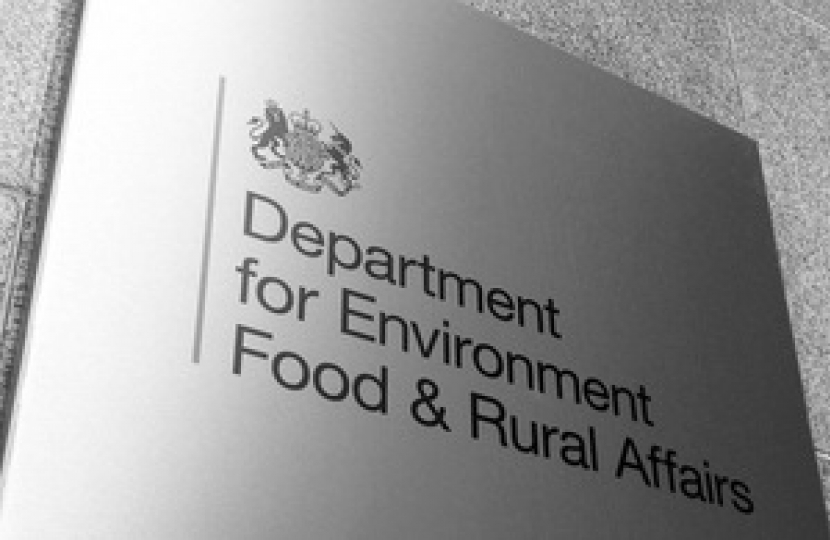
45,000 visas for seasonal workers will be available for businesses next year providing a boost for the UK’s horticulture industry.
The allocation will allow businesses to recruit foreign workers to come to the UK for up to six months through the Seasonal Worker visa route – an uplift of 15,000 compared to what was available to businesses at the start of 2022. This number will be kept under review with the potential to increase by a further 10,000 if necessary, and contingent on sponsors and growers improving and abiding by to worker welfare standards, including ensuring workers are guaranteed a minimum number of paid hours each week.
The first 4,000 visas will be made available to operators next week to ensure that daffodil growers have the labour available for their harvest at the start of the year
The changes will provide certainty for farmers in a boost to British food production and help to tackle the labour shortages and rising input costs which have been affecting countries all around the world.
Alongside expanding the number of visas available, the government will be appointing new scheme operators to help with the efficient operation of the visa route and help safeguard worker welfare. A new team will also focus on ensuring sponsors are abiding by workers’ rights by improving training and processes for compliance inspectors and creating clear policies and guidance for robust action for scheme operators where workers are at risk of exploitation.
Farming Minister Mark Spencer said:
Seasonal labour has long been part of the UK’s rural economy, and while it is right that we offer long term support to increase the use of domestic labour, we also need to support businesses on the back of what has been a challenging year for food producers.
That’s why we’ve listened to the UK’s horticulture sector, and today’s announcement will provide our growers with the labour they need to bring in the harvest and continue to put their produce on our tables.
More widely, the Government is taking action to encourage all sectors to make employment more attractive to UK domestic workers. To help with these efforts, Defra is working with industry and DWP to raise awareness of career opportunities within the food and drink sector among UK workers.
The Government is also working to boost automation in the food sector, with £12.5 million recently announced to boost the development of automation and robotic technologies on farms, part of the wider £270 million Farming Innovation Programme to support research and development in agriculture and horticulture. Defra will also respond shortly to the recommendations of a review of automation in horticulture which was published earlier this year.

